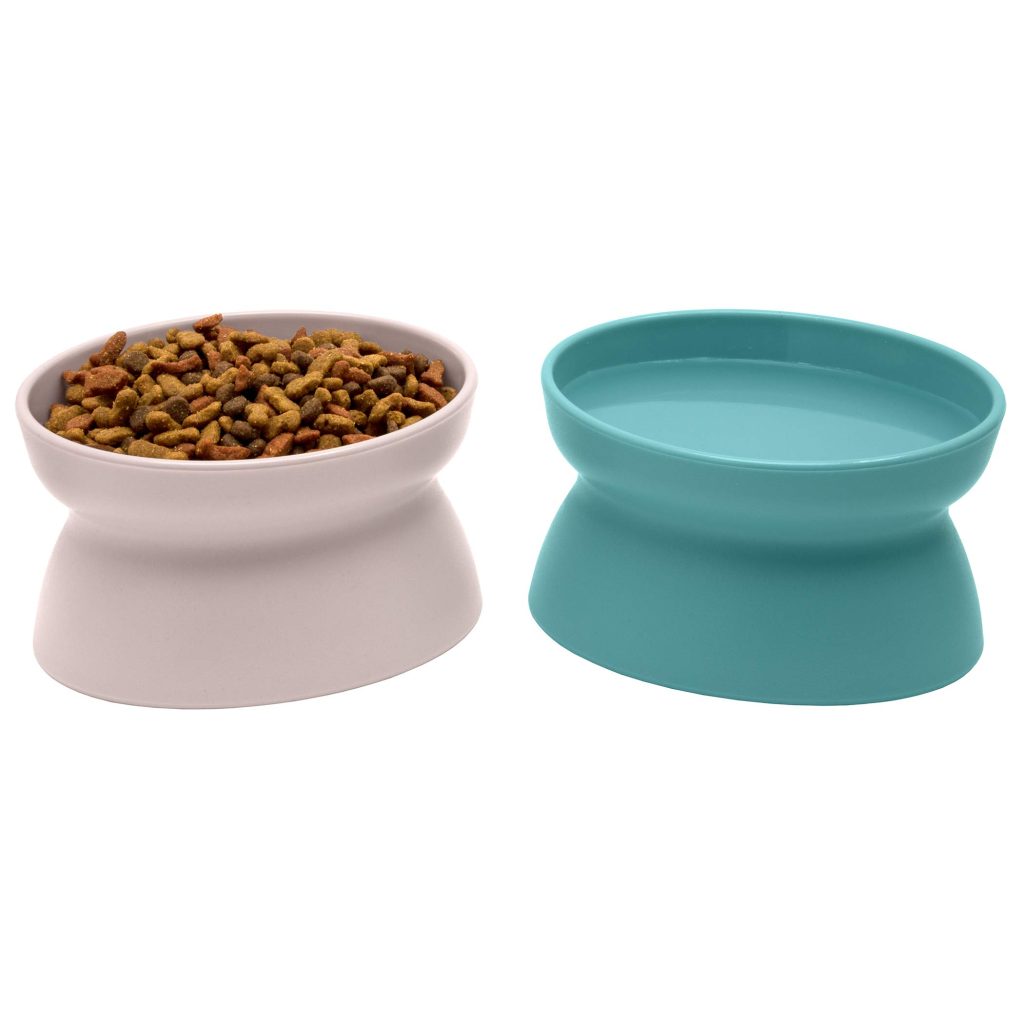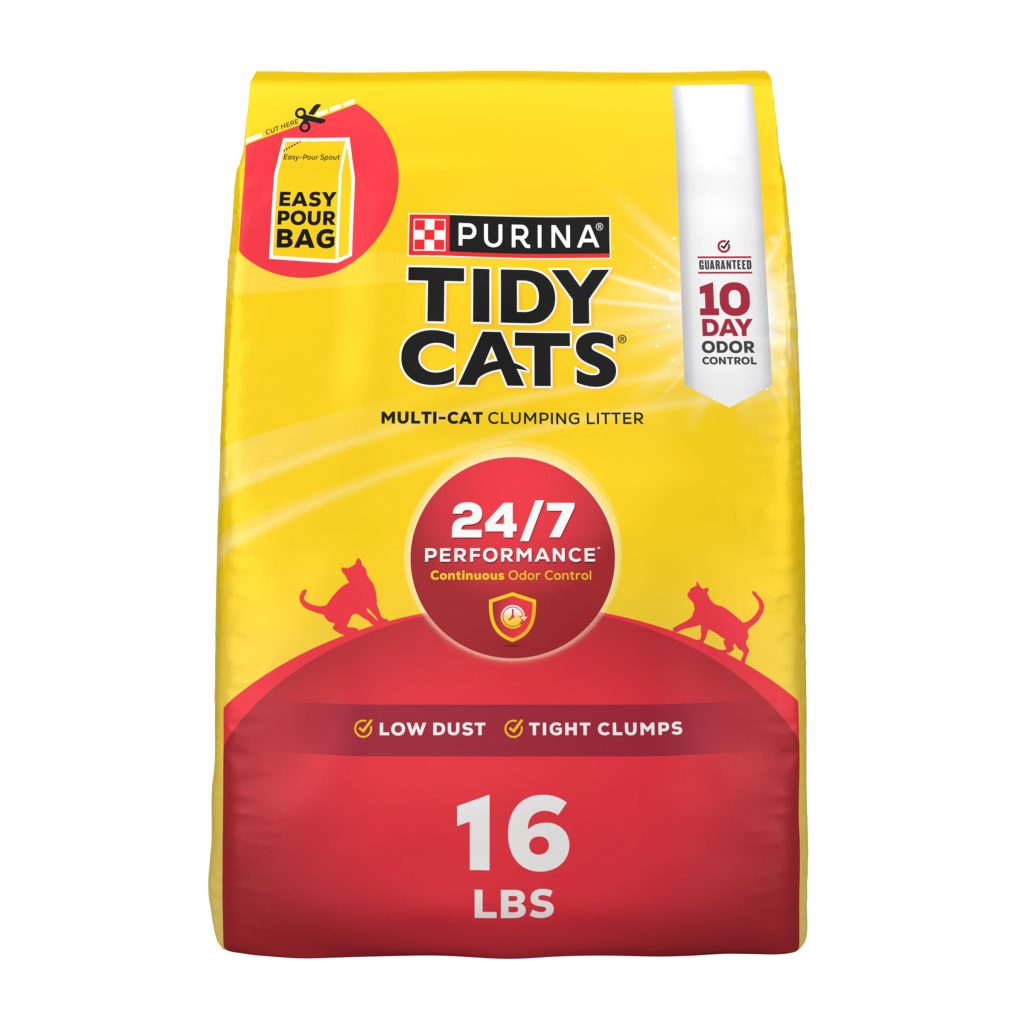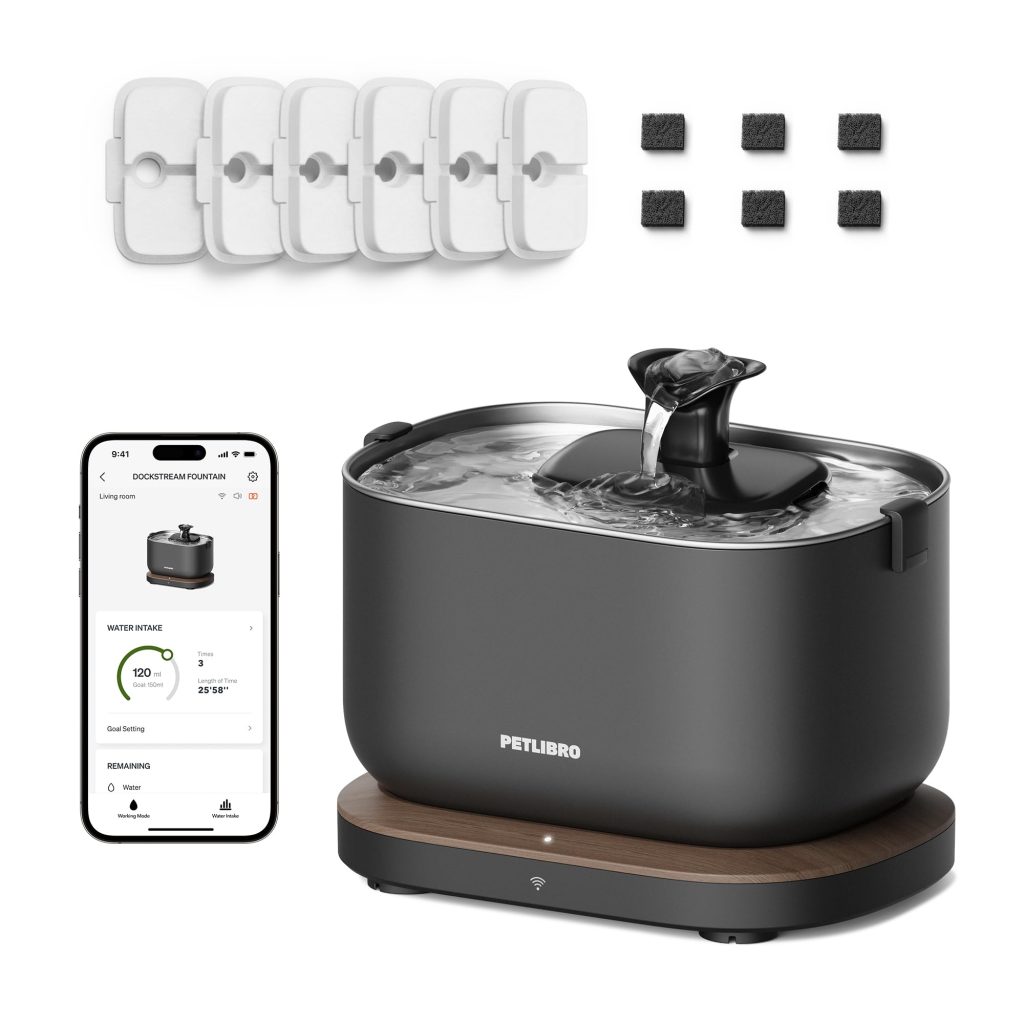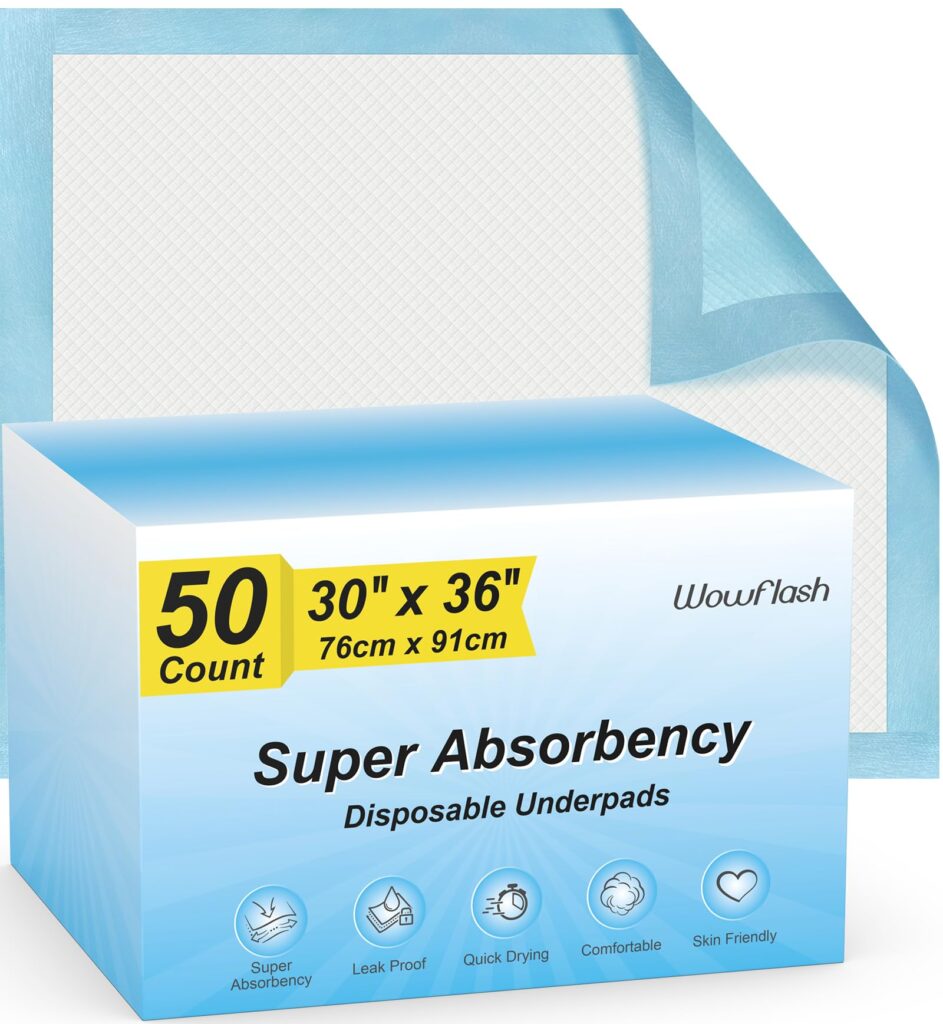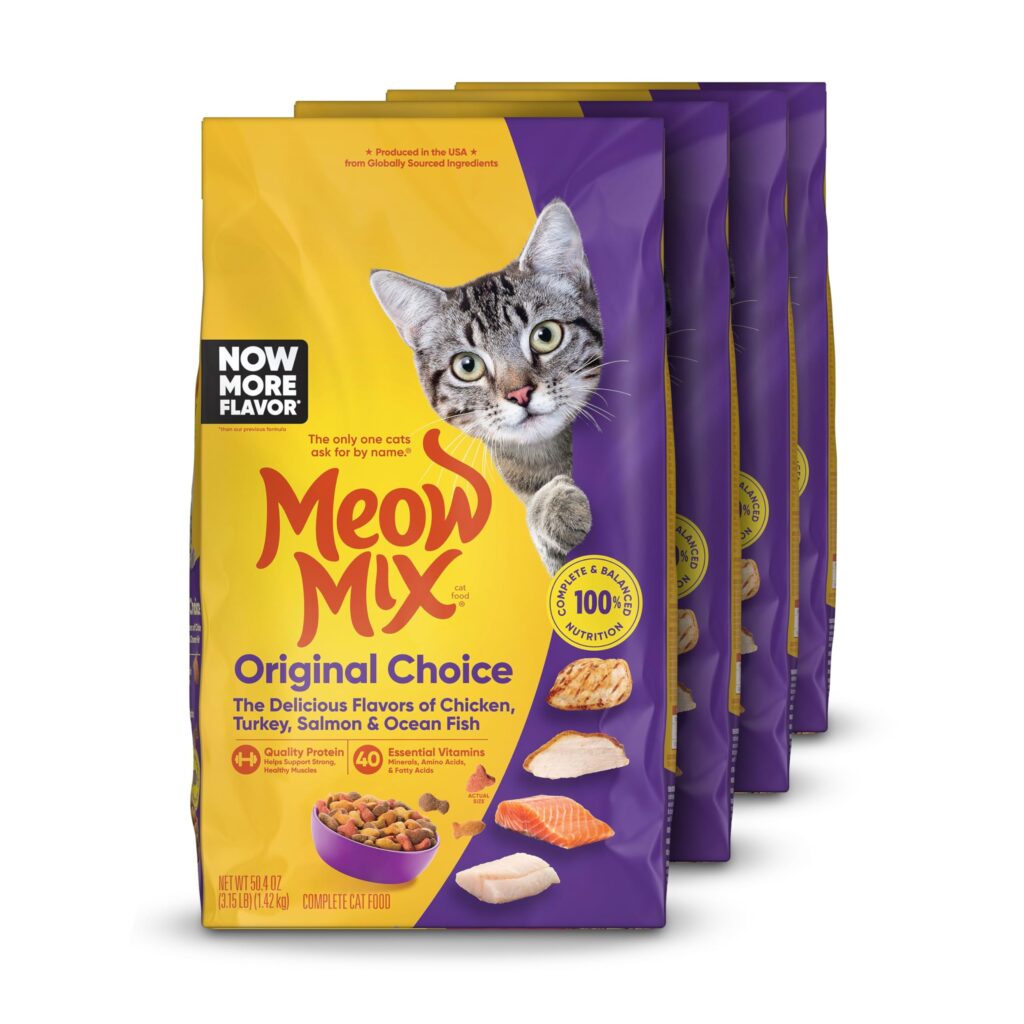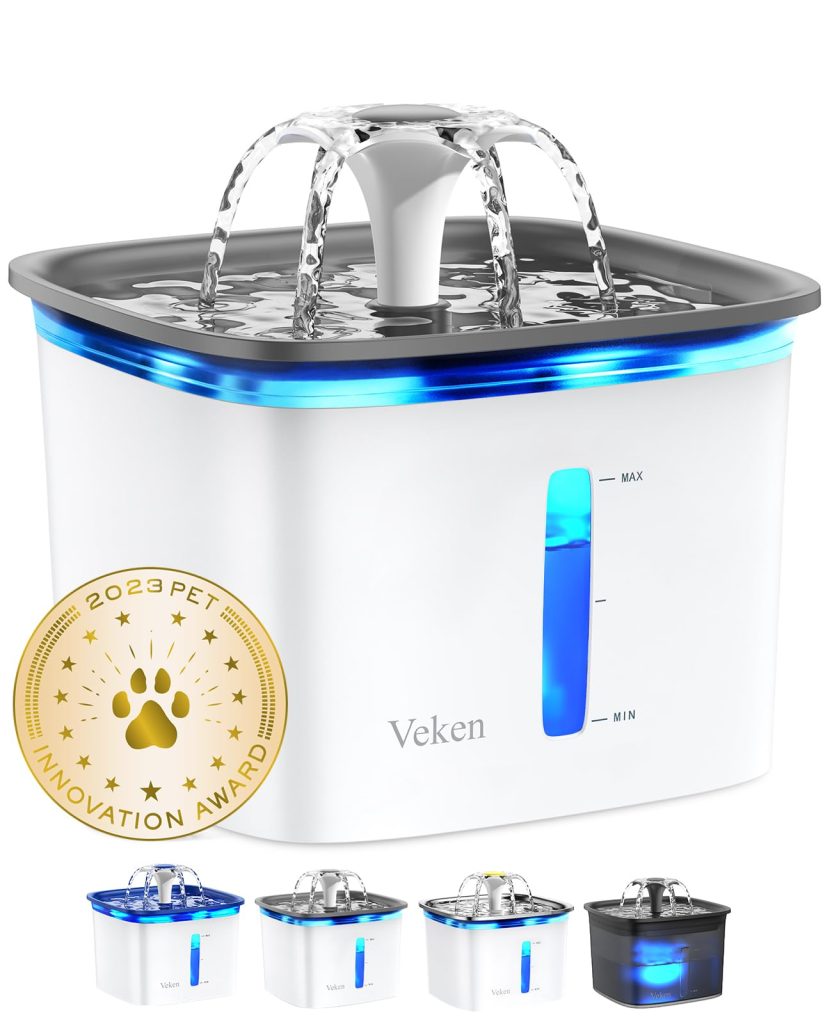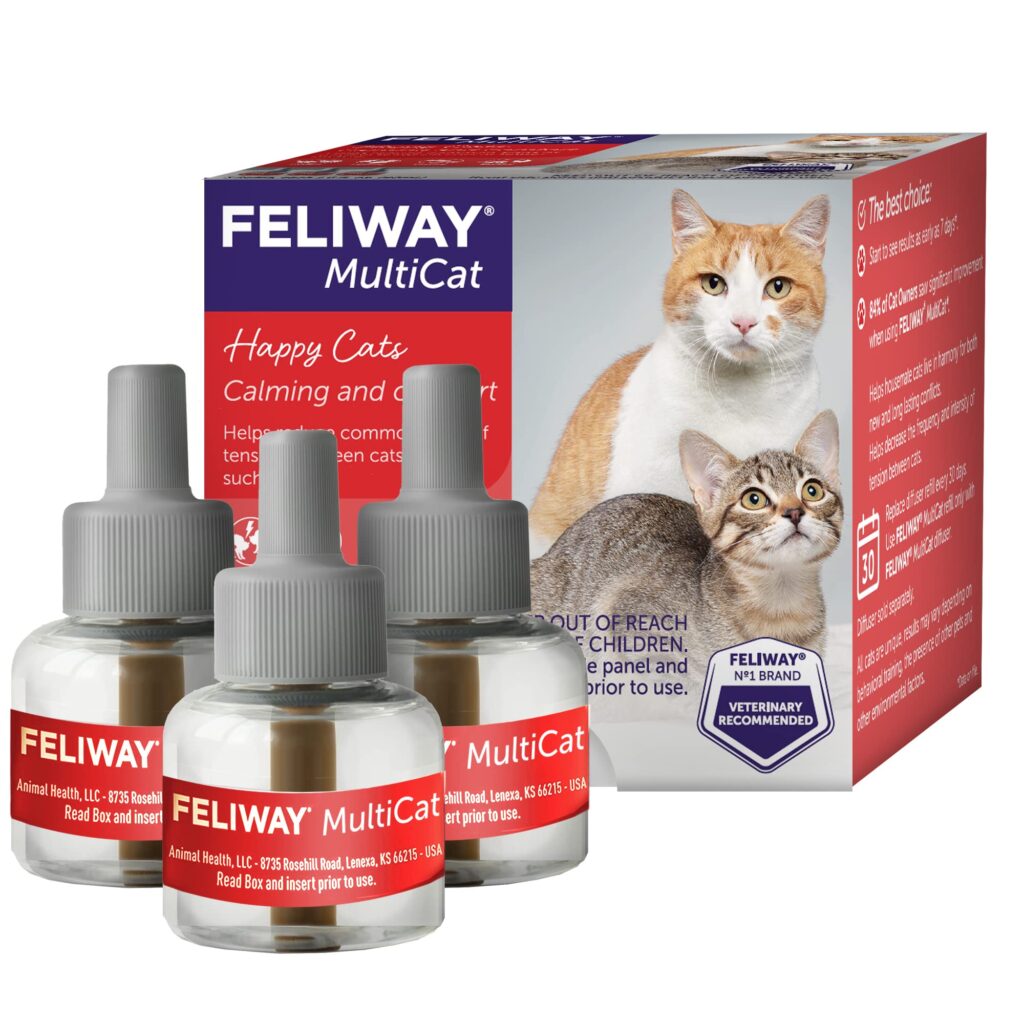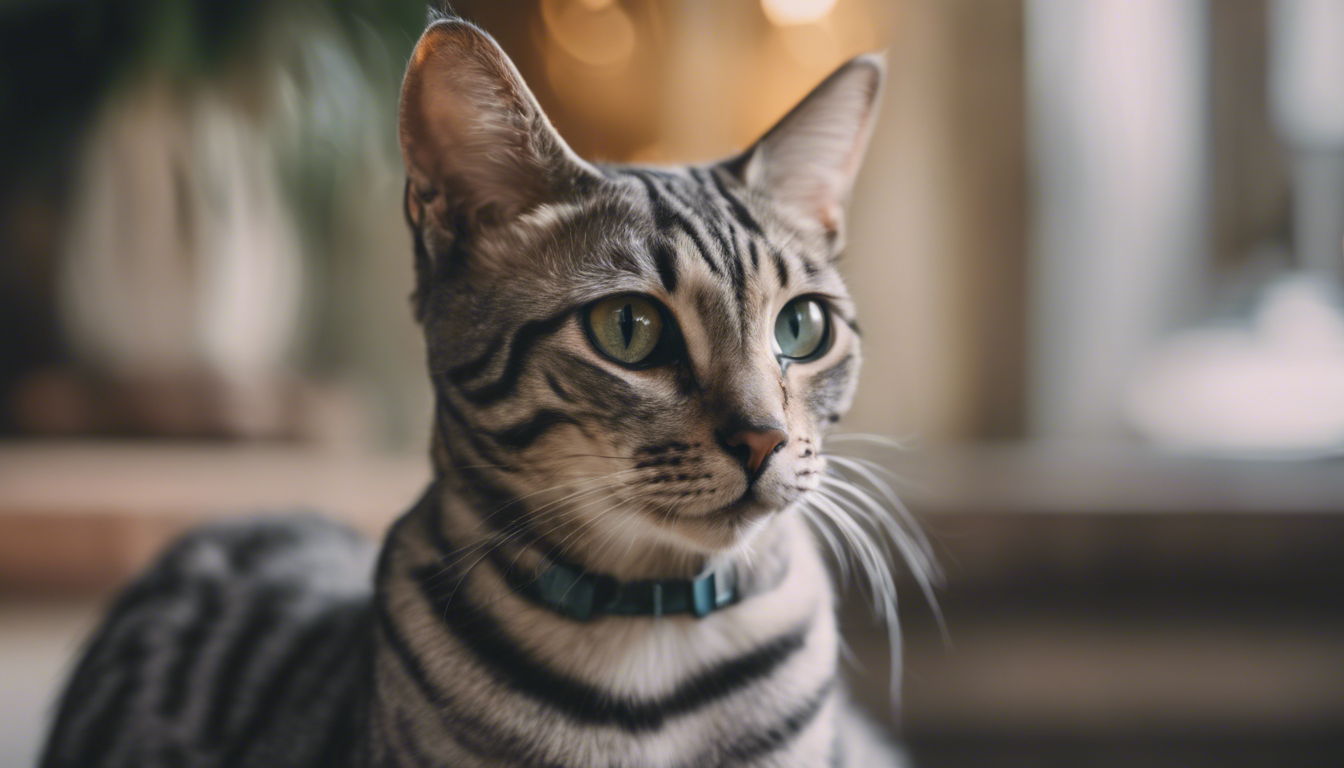
History and Origin of the Egyptian Mau
The Egyptian Mau carries an air of ancient history in its poised and graceful stature. This breed makes a fascinating case not only for its unique appearance but for its storied heritage. The Egyptian Mau is believed to have originated in Egypt, with artwork depicting spot-patterned cats dating back as far as 1550 BC, suggesting that they may be among the oldest domesticated cat breeds.
While the leap from the spotted felines of ancient Egypt to the state-of-the-art Egyptian Mau isn’t fully documented, enthusiasts have traced similar-looking cats through centuries of Egyptian history. These cats were revered, closely associated with Egyptian deities, and often mummified alongside their owners. The Mau’s direct ancestors are thought to have lived a semi-domesticated existence, living in homes and granaries where their hunting skills were highly prized for controlling vermin populations.
This breed as we know it today owes much of its survival to exiled Russian princess, Nathalie Troubetskoy. After encountering these cats in the Middle East post-World War II, Troubetskoy began an intentional breeding program when she moved to Italy and later brought the cats to the United States in the 1950s. Here, her passion laid the foundation for the breed’s preservation and popularity.
True to their heritage, Egyptian Maus have retained a certain wild charm. They stand out with naturally occurring spots, thought to be the result of a naturally selected genetic mutation. This breed was officially recognized in the United States by cat fancier associations in the 1960s, and ever since, they have captivated cat lovers with their mystique and elegance.
The lineage of today’s Egyptian Maus is often linked back to those initial cats that arrived with Troubetskoy. As one of the few naturally spotted breeds of domestic cat, the Egyptian Mau presents a direct link to ancient feline history, embodying a living artifact that enthusiasts can bring into their homes. With their striking appearance and royal origins, Maus command a certain respect akin to the historical reverence shown by their ancestral humans.
Physical Characteristics and Breed Standard
The distinctive look of the Egyptian Mau is immediately recognizable. They are medium-sized, muscular cats with a graceful, athletic build that seems to echo their skilled hunter ancestry. One of the most striking features is their coat, which boasts randomly distributed spots varying in size and shape. Some Maus even have stripes on their legs, tail, and forehead, often referred to as ‘mascara’ lines which originate from the corner of the eyes and run along the cheeks.
Regarding their breed standard, Egyptian Maus possess a unique combination of physical traits. Their coat colors are limited to silver, bronze, smoke, and occasionally black for pet-quality Maus. The coat itself should have a silky appearance and touch, with a fine glossiness that can almost shimmer under the right lighting conditions. The spots should contrast vividly with the ground color of their coat, giving each Mau a distinctly wild appearance reminiscent of their ancient forebears.
An Egyptian Mau’s eyes are another defining characteristic – large, almond-shaped, and expressive, usually gooseberry green in color. The overall effect of these elegant features gives them an alert, intelligent look that’s both captivating and endearing.
They have a slightly wedged head that’s neither too round nor too pointy, with ears that are medium to large, alert, and broad at the base. The balance between their head and lithe body should feel harmonious and unexaggerated, reflecting their natural heritage rather than overly selective breeding. Their legs are proportional to their body with hind legs being marginally longer than the front, giving them an excellent jumping ability.
Specific to this breed is a loose flap of skin extending from the flank to the back knee, known as a ‘primordial pouch’. Commonly mistaken as an indicator of weight gain, it is actually a trait that aids in mobility and has roots in their wild ancestry; it allows for greater stretching and flexibility when running at high speeds or leaping for prey.
Owners and breeders should be aware that while the Egyptian Mau does need regular exercise to maintain its svelte figure and health, it is not suited for outdoor living due to its rarity and value – not to mention potential dangers from the environment and wildlife. Indoor environments enriched with climbing posts, toys to chase, and occasional outdoor access in a secured area go a long way in keeping the Mau physically fit and mentally stimulated.
For grooming, their short coats do not require excessive attention but will benefit from a weekly brushing to help remove loose hair and maintain its healthy sheen. The Egyptian Mau enjoys this interaction as part of bonding with their owner; it can be a time of affectionate exchange between cat and human.
In terms of diet, they do not require anything drastically different from other breeds, but high quality food that provides proper nutrition is essential. Some Maus may have sensitive stomachs, so it’s worth paying close attention to how different foods affect them and consulting with a vet for dietary advice catered to individual needs.
Breeders looking to adhere to the show standard should commit to understanding the finer points of Mau genetics and characteristics. It’s vital that those breeding Maus do so responsibly, with a focus on health and temperament as well as physical conformance to ensure future generations retain the breed’s classic traits while remaining hearty and sociable companions.
Behavior and Temperament
When it comes to their behavior, the Egyptian Mau is nothing short of captivating. The breed typically exudes a friendly, loyal disposition that is accompanied by a playful and somewhat mischievous streak. Maus are known for their strong bonding capacity with their owners, often following them around the house and joining in on daily activities. They tend to be vocal, expressing their feelings and desires through soft chirps and meows that quickly endear them to their human companions.
The Mau’s playful side is a reflection of their ancestral hunting instincts. They have a remarkable love for play that involves anything resembling the classic cat-and-mouse game. Owners can expect these cats to be highly interactive, requiring regular playtime sessions with toys that simulate prey, such as feather wands or laser pointers. They also demonstrate incredible agility and are known to perform acrobatic feats, perhaps making them the gymnasts of the feline world.
While they can be social and affectionate, Egyptian Maus also have an independent streak and may occasionally seek solitude. It is important for owners to respect these moments and provide a quiet, private space where their cat can retreat to when needed. That said, Maus do not like to be left alone for extended periods; they thrive best in environments where they receive plenty of attention and companionship.
This breed is particularly sensitive to temperature; they prefer warm environments and have been known to seek out sunspots for basking or snuggle under blankets when it is cooler. Prospective owners living in colder climates should be prepared to provide a cozy setting for their Mau.
Introducing an Egyptian Mau to a new household, especially one with existing pets, should be done with patience and care. They can get along well with other animals, but proper socialization is key. Gradual introductions and allowing the Mau to approach new animals on their own terms will help facilitate peaceful cohabitation.
With their athletic prowess, Egyptian Maus need ample vertical space to climb and explore; cat trees and high perches will be greatly appreciated. Despite their love of heights, it is important to ensure that these spaces are safe and free of hazards that might lead to falls or injuries.
While engaging with your Egyptian Mau in play or during a relaxing petting session, you may notice a low vibrating sound, akin to a gentle purr. This indicates a content and happy cat enjoying the interaction. Responsive to their owner’s moods and actions, nurturing these shared moments can deepen the bond between you and your Mau.
It’s essential to mention that Maus can be rather territorial. A new visitor or unexpected change in the home environment can stress them out. Introduce changes gradually and provide reassurance through attention and treats. By understanding their temperament and accommodating their behavioral needs, you’ll ensure your Egyptian Mau remains a joyful and affectionate member of your family for years to come.
Care and Health Considerations
Turning to the care and health considerations for the Egyptian Mau, it’s crucial to emphasize a thorough preventative approach. Behind their resilient exterior, Maus can be predisposed to certain hereditary conditions that owners should watch for. Regular vet check-ups are paramount to early detection and management of potential health issues.
Genetic ailments such as heart conditions like hypertrophic cardiomyopathy, a disease that causes thickening of the heart muscle, may affect the breed. Observing your cat for signs of labored breathing, lethargy, or reduced appetite can help catch such concerns early on. This breed can also be susceptible to certain allergies, so be mindful if you notice excessive grooming or skin irritations.
Dental hygiene is another critical area of concern. As with all cats, regular dental care, including at-home teeth brushing and annual vet checks, can prevent periodontal disease and contribute to overall health.
While their short fur is easier to maintain than that of long-haired breeds, consistent grooming is beneficial to the Mau. Not only does grooming help reduce hairballs and keep their coat sleek, but it also provides an opportunity to check for lumps, ticks, and other skin issues. Incorporating nail trimming into the grooming routine keeps their claws at a safe length for both the cat and your furniture.
Exercise is vital to this active breed’s well-being. Interactive playtime not only keeps them in peak physical condition but also stimulates their mind. As natural hunters, Maus love toys that move unpredictably and allow them to pounce and ‘hunt’. Engage in daily play sessions with a variety of toys to cater to their instinctual behaviors.
The importance of a balanced diet cannot be overstated. Providing measured portions of high-quality cat food rich in protein and low in fillers can sustain their energy and maintain a healthy weight. Fresh water should always be available, and some Maus might even appreciate a water fountain which encourages them to drink more frequently.
Living arrangements for an Egyptian Mau should include a safe indoor environment; exposure to the outdoors can be risky but may be mitigated through supervised access to a secure patio or cat-proofed garden. Considering their warm-climate heritage, they might require extra warmth during winter months, so heated beds or thermal blankets could be excellent additions to their cozy corners.
Lastly, mental wellbeing is just as important as physical health. Egyptian Maus crave affection and stimulation from their human counterparts. Neglecting their need for interaction can result in behavior changes or depression. Equally, a stable routine and environment make for a more content cat; abrupt changes should be avoided when possible or introduced gradually.
Undoubtedly, careful attention to these care guidelines will help ensure your Egyptian Mau leads a fulfilling life as your adored companion. Remember that the love and care you invest in your Mau will be returned tenfold with their unwavering loyalty and affectionate nature.
